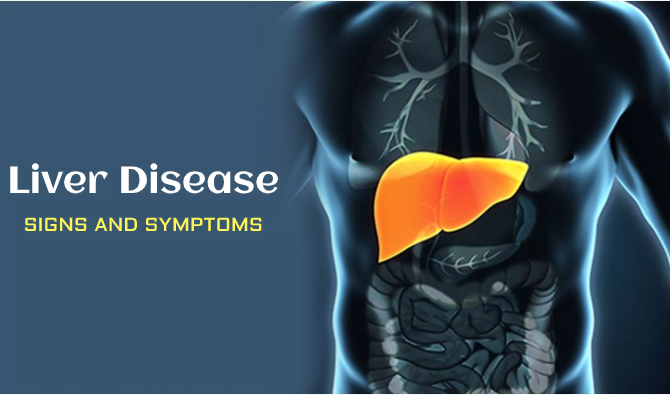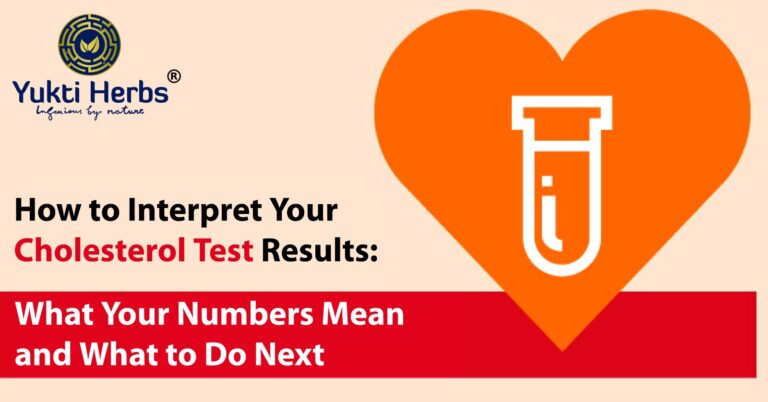When it comes to your cholesterol test results, they provide valuable insights into your heart disease risk. Three key numbers to focus on are:
- Total cholesterol: This represents the overall cholesterol in your blood. Elevated levels increase the risk of heart disease.
- LDL cholesterol (low-density lipoprotein): Commonly referred to as “bad” cholesterol, high LDL levels can lead to arterial buildup and increase the risk of heart disease.
- HDL cholesterol (high-density lipoprotein): Known as “good” cholesterol, higher HDL levels help remove LDL cholesterol from your blood.
Here are some guidelines for interpreting your cholesterol test results:
Total cholesterol:
- Desirable: Less than 200 mg/dL
- Borderline high: 200-239 mg/dL
- High: 240 mg/dL or higher
- Optimal: Less than 100 mg/dL
- Near-optimal: 100-129 mg/dL
- Borderline high: 130-159 mg/dL
- High: 160-189 mg/dL
- Very high: 190 mg/dL or higher
- Ideal: 60 mg/dL or higher for men
- Ideal: 50 mg/dL or higher for women
If your cholesterol levels are high, your doctor may recommend lifestyle changes such as adopting a healthy diet, regular exercise, weight loss, and, if necessary, cholesterol-lowering medication.
Remember these key points about cholesterol test results:
- Cholesterol levels can vary over time, so regular checkups and testing every 4-6 years are crucial.
- Certain factors like excess weight, family history of heart disease, smoking, and certain medications can impact cholesterol levels.
- Consult your doctor for personalized guidance and clarifications regarding your cholesterol test results.
To lower your cholesterol, consider the following tips:
- Embrace a healthy diet rich in fruits, vegetables, whole grains, while minimizing saturated/trans fats, cholesterol, and sodium.
- Engage in regular exercise, aiming for at least 30 minutes of moderate-intensity activity most days.
- Achieve a healthy weight if overweight or obese.
- Quit smoking and manage other heart disease risk factors, like high blood pressure and diabetes.
By implementing these lifestyle changes, you can effectively lower cholesterol levels, mitigating the risk of heart disease.











